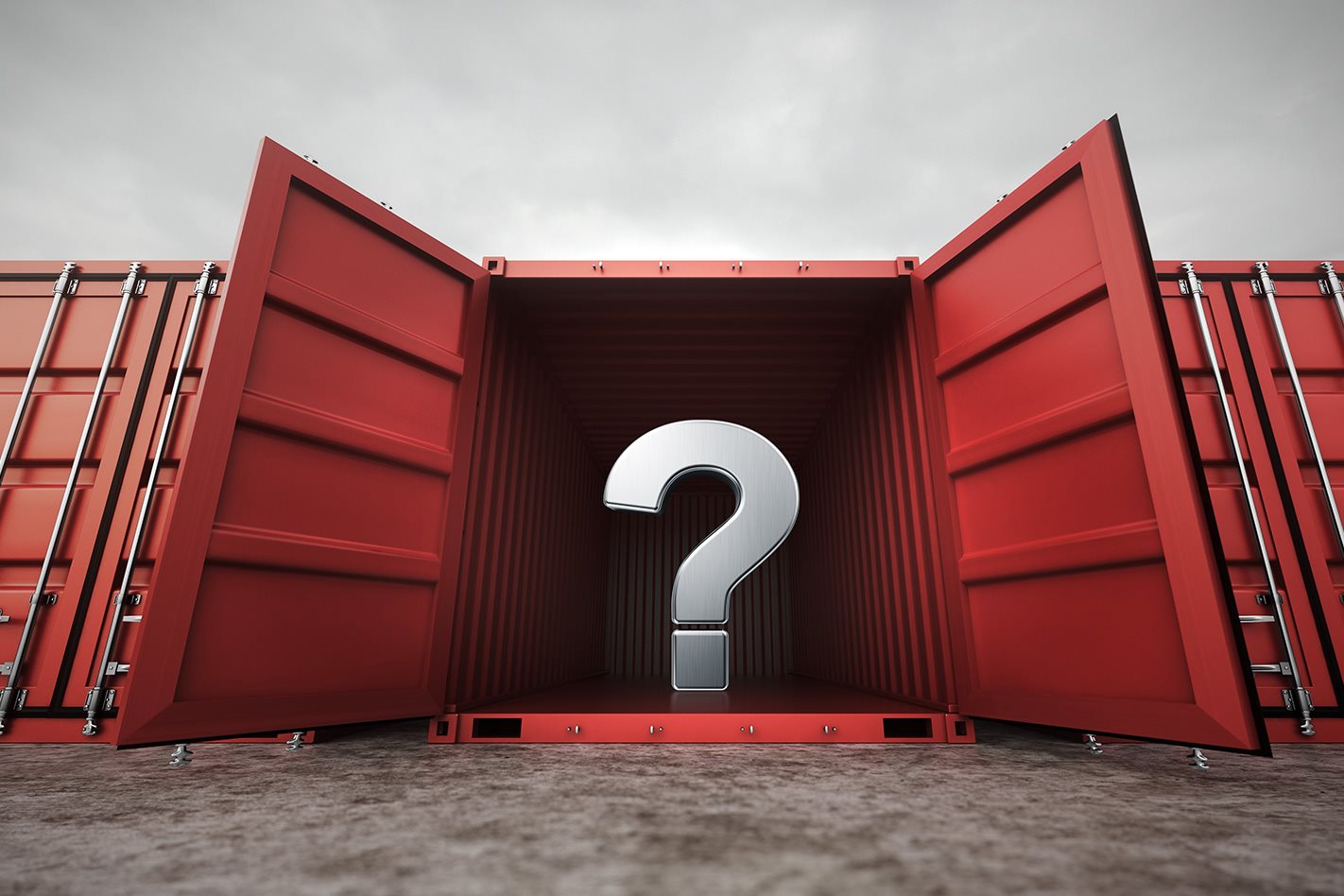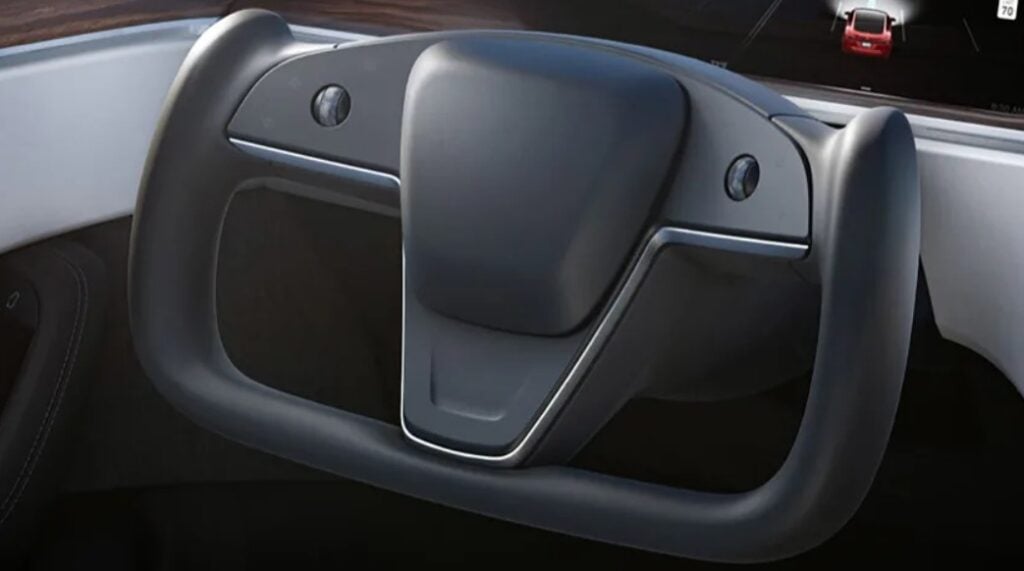Snapshot
- Recalls pose a problem for importers, owners and manufacturers
- Brands can’t track imports because they get a new VIN
- Takata airbag scandal highlighted what could be a growing problem
Thousands of overseas vehicles flooding into Australia under new import laws could pose a safety risk due to flaws in the way they are recalled, Wheels has learned.
The responsibility for recalling (and therefore fixing) ‘grey import’ cars when things go wrong doesn’t lie with the original manufacturer – as it does with new vehicles – meaning buyers could be exposed to spiralling financial costs and legal issues.
Grey imports are models that make their way to Australia outside of the normal volume import process carried out by carmakers.
Currently, the majority of used vehicles come from Japan, though the term can also apply to new and used vehicles from other countries. They can be brought in by businesses specialising in importation, or by an individual – which is where problems start to creep in regarding recalls, according to industry figures.

Because carmakers aren’t bringing these cars into the country, they aren’t able to track them and assist with recalling them if there’s a problem. Imported cars get given a new Vehicle Identification Number (VIN) when they arrive, so manufacturers don’t have the contact details for owners.
Wheels understands many automakers are watching with bated breath for potential legal issues arising because they are still publicly seen as being accountable.
“The obligation [for recalls] under the Australian Consumer Law is upon the supplier of the vehicle…we know that they [importers] don’t necessarily understand the obligation or comply with it. This then leads to the brand being exposed to a vehicle that they decided not to bring to market being here under the their name,” said Ashley Sanders, Technical Director at the Federal Chamber of Automotive Industries (FCAI).
“We’ve got some concerns in that vehicles which are imported are generally not models originally destined for Australia. So it means the original equipment manufacturer (OEM) hasn’t considered the unique requirements of the Australian market as appropriate for those models.

“In general, the Australian market is a harsh environment with very high temperatures, very low temperatures, rough roads, dust conditions and all these sorts of things that may influence the way you would design and develop a vehicle.
“It’s our belief that if a vehicle’s not originally designed and developed for the Australian market, then it should be the manufacturer’s option not have that vehicle introduced here. Whereas under the concession scheme, it becomes the importer’s option as to whether it is appropriate, and technically they are then responsible for the vehicle once it’s here – including recall.”
Technically this has been a potential problem for years, but is only coming to the fore now because of new rules aimed at allowing greater numbers of grey imports to reach our shores meaning as many as 30,000 extra vehicles a year could come here – which can be anything from a classic car, to a rare one or even a brand new one that just isn’t sold in Australia.
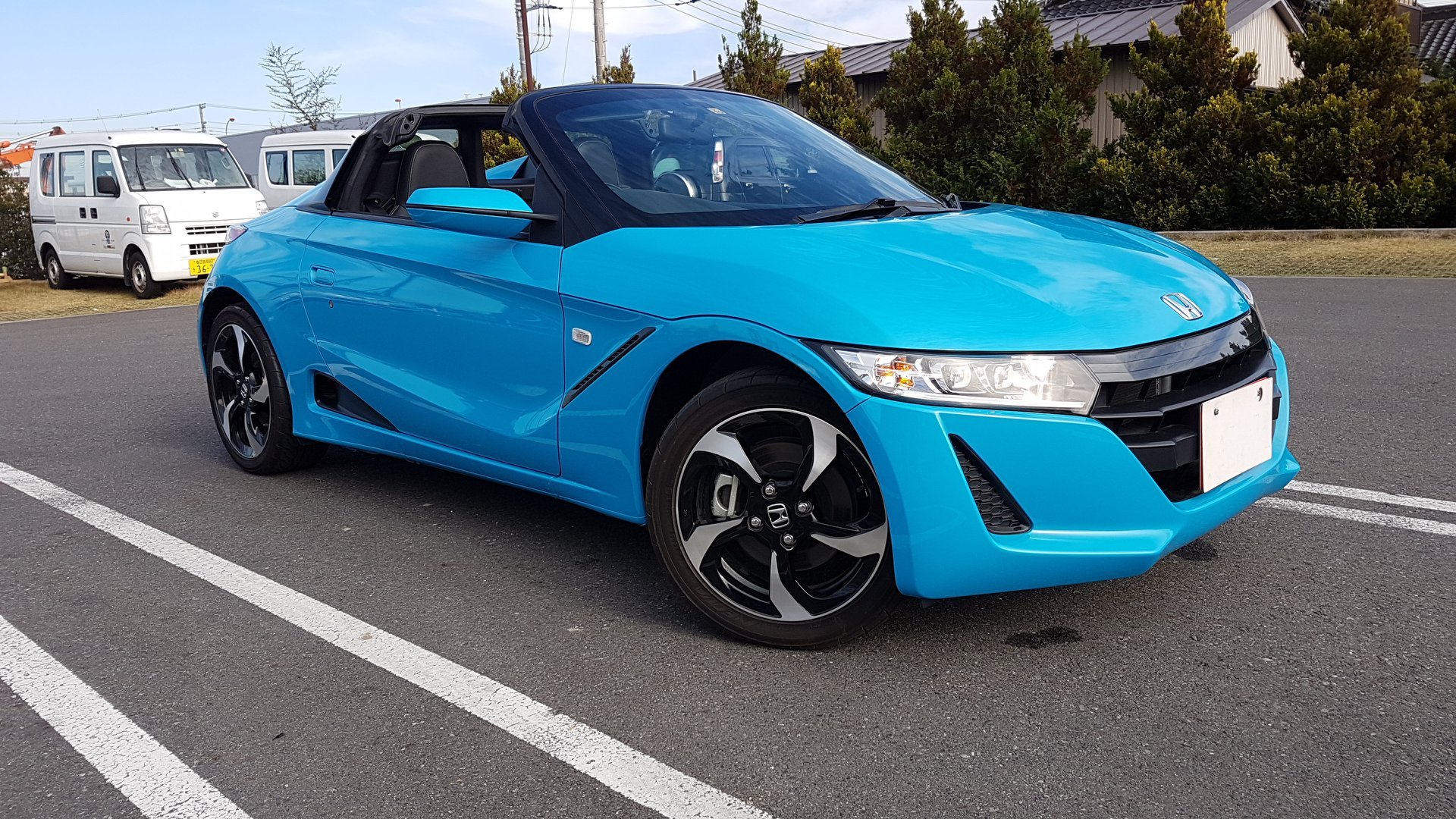
In 2019, the Motor Vehicle Standards Act 1989 (MVSA) was replaced by the Road Vehicle Standards Act 2018 (RVSA) – which came into effect one year ago after a lengthy delay – but the legislation is currently still in a transition period set to end on June 30, 2023, to give time for the industry to adapt.
The new rules apply to both privately and commercially imported models, and the latter must be significantly different to those sold new in Australia. All are expected to meet stringent standards for safety and emissions to comply with Australian Design Rules (ADR) – requiring modification and certification before they can be registered.
Wheels understands that the first time the scale of the problem was truly discovered was as part of the global mandatory Takata airbag recall, which began in 2013.
While OEMS were legally required to contact owners of any cars they had sold in Australia which had been fitted with the faulty airbags, they were not responsible for grey imports.
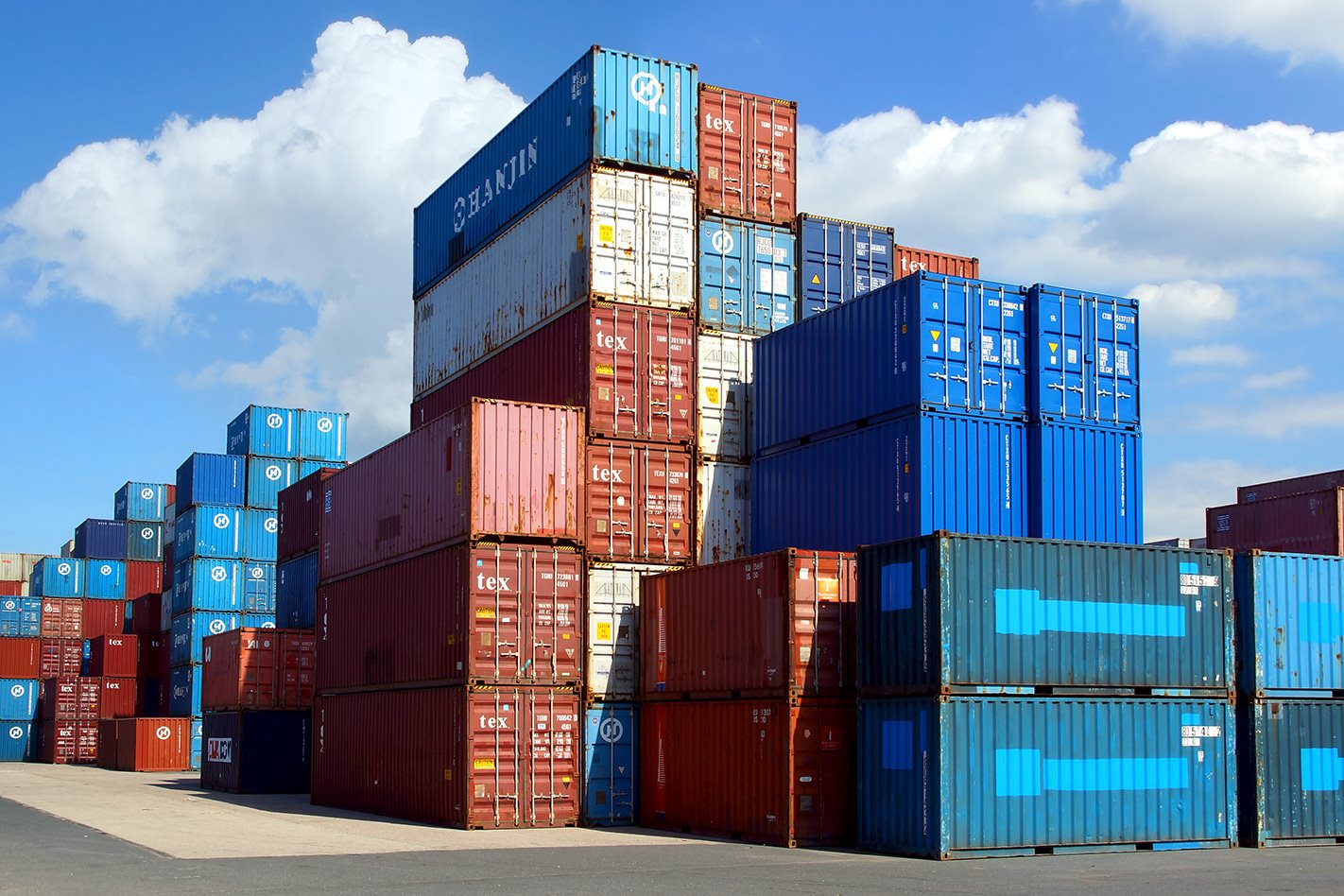
However, with car owners widely approaching manufacturers about how to get their vehicles fixed in recent years, but there being no obligation on the latter to do so, companies felt compelled to go to the Federal Government to ask for owners’ contact details so they could step in.
“Tracking the vehicle from a VIN number perspective is completely unknown to the manufacturer. The Government will not advise OEMs of the new VIN because they are not responsible,” said Sanders.
“There’s the potential for serious brand damage for these [grey import] vehicles being in market and this was something that was highlighted within the mandatory Takata airbag recall where there are a number of vehicles that had been introduced, not authorised by the official distributor – not even known that they were in the market by the official distributor – and you had people then approaching them saying: ‘what about my car’?
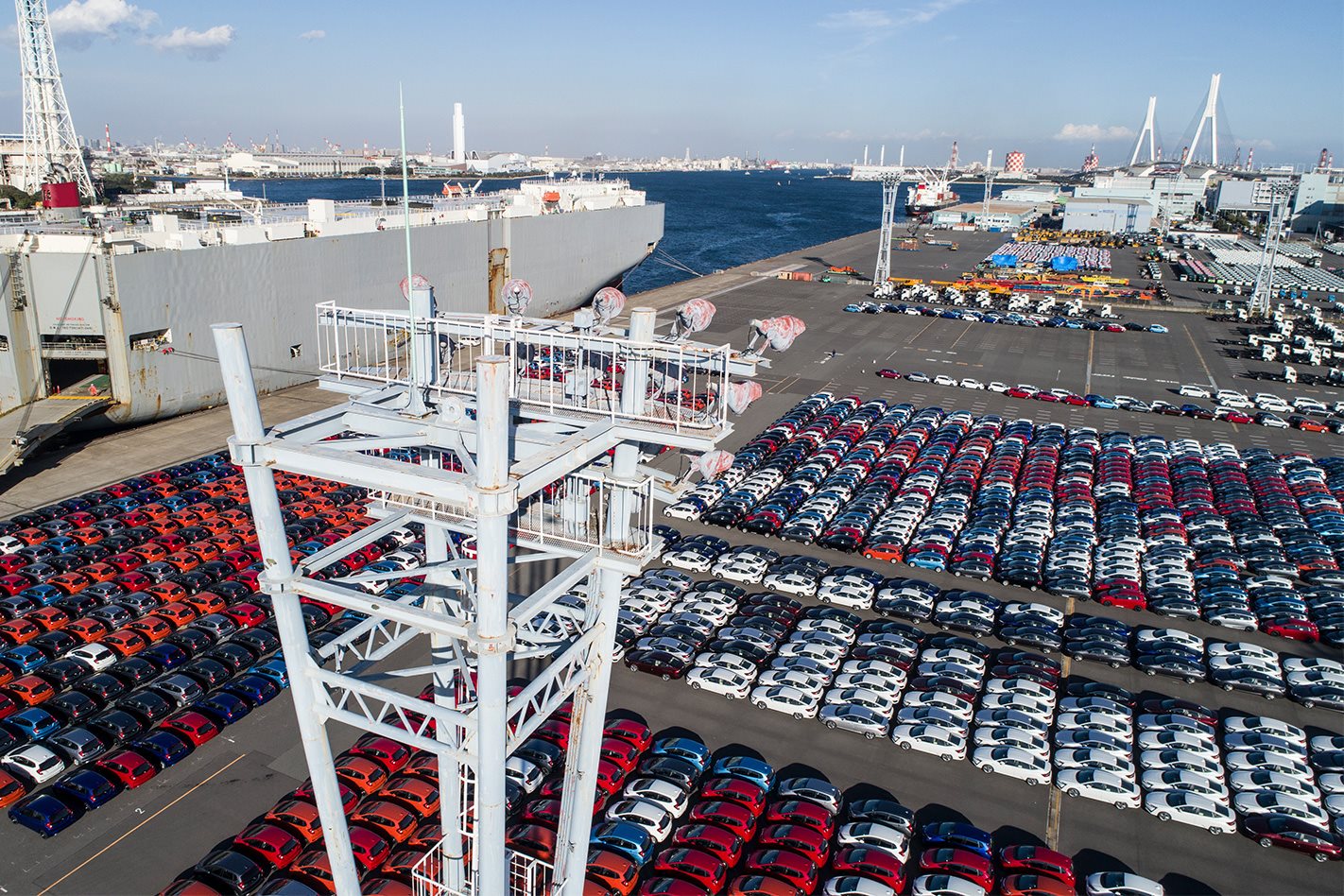
“Official brands approached [Government] and asked for lists of their vehicles and it was able to provide those lists because it was a mandatory recall. Under no other circumstance would it be authorised to provide an individual’s details – and rightly so. But as a gesture of good-will and in deference to brand damage that may exist, a lot of the official distributors did assist in those cases.”
Asked if, in such circumstances, grey import vehicles being in Australia – which may be under recall but aren’t known about by an OEM, importer or owner – could be making our roads less safe, Sanders told us: “Yes.”
However, one of Australia’s biggest car import businesses – Iron Chef Imports – told us that a situation on the scale of the Takata scandal is “unlikely” to happen again, and automakers’ efforts to help weren’t as squeaky clean as they’d have you believe.
“The automotive industry may be unlikely to see another Takata airbag recall, but due to its scale and severity, it’s fair to say it caught manufacturers, importers and even the Government on the hop,” said Director Kristian Appelt, who is also Vice President of the Australian Imported Motor Vehicle Industry Association (AIMVIA).
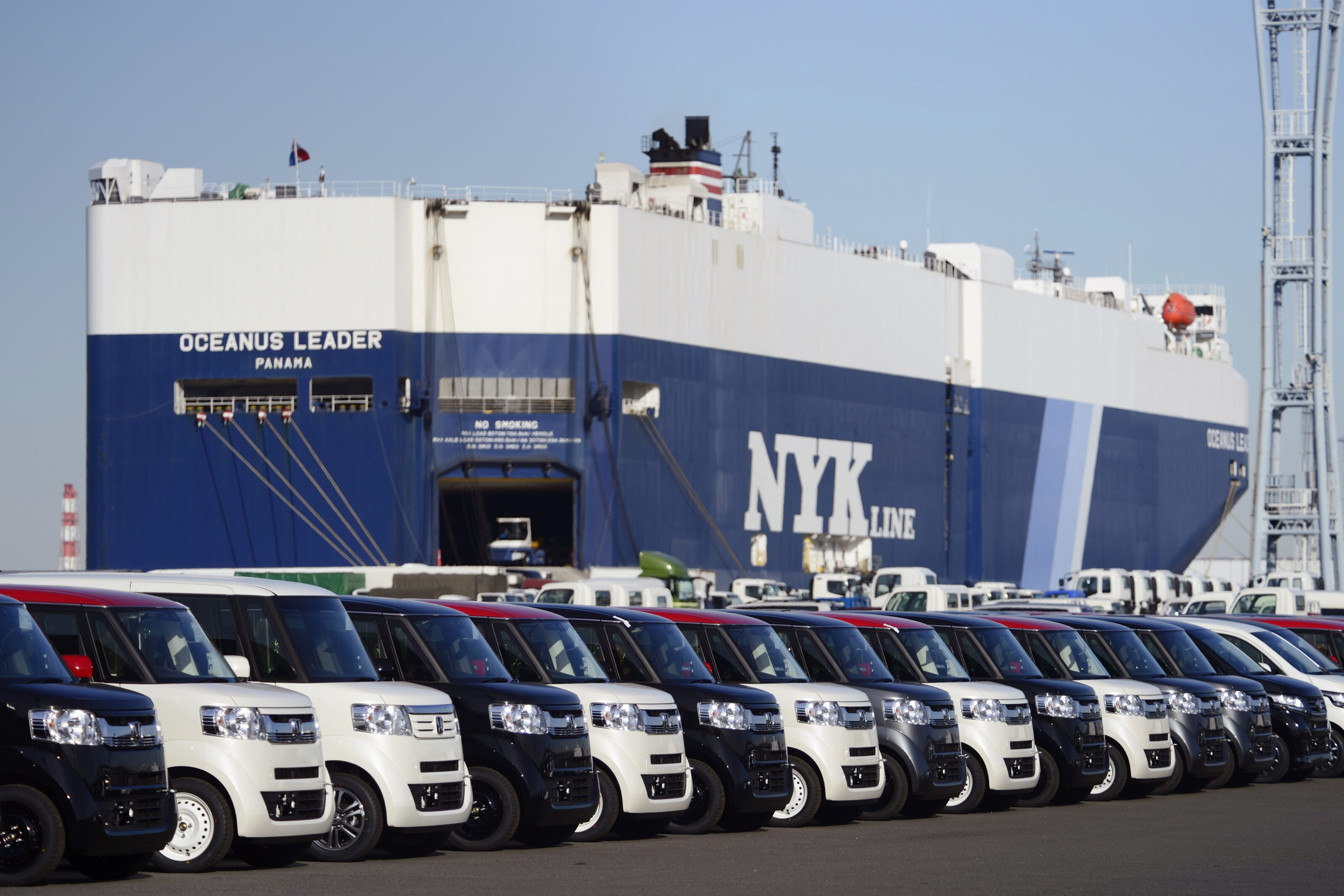
“As vehicles become more complex, the frequency of recalls, both minor and major, will inevitably increase. So all importers – new or used – via authorised dealers or outside these networks have had to tighten up processes and look at how to more efficiently and expediently manage recalls in the future.
“AIMVIA was critical of the hypocrisy shown by manufacturers during the Takata airbag recall, where in many cases, public statements of concern about consumer safety were juxtaposed with a steadfast refusal by dealers to assist vehicle owners finding replacement parts when the vehicles were not originally sold through an authorised dealership.
“During the Takata airbag recall, manufacturers headquartered in New Zealand (where there are far more parallel-imported vehicles) took the attitude that regardless of the method of importation, it would be bad for their corporate image if an airbag were to explode in a car that had their badge on the front, and therefore handled the recall for both officially imported vehicles and those imported via third-party supply chains.
“[But there was] the reluctance, or outright refusal in some cases, of Australian distributors and their dealers to follow suit.”
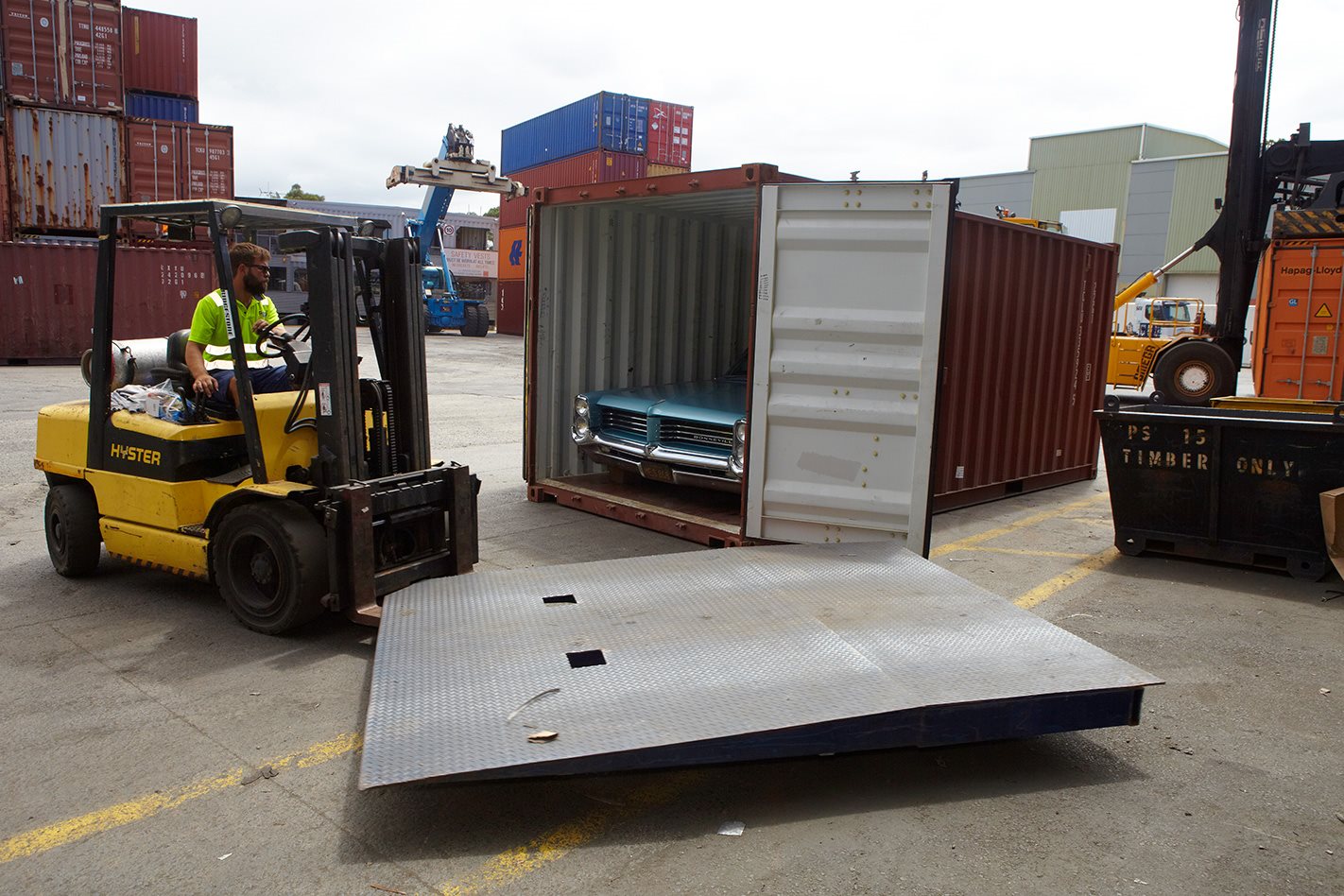
Appelt added that while used imports currently represent only a small fraction of new car sales, they do create some headaches for legislators in terms of who is responsible for the vehicle in the event of a recall.
“The Federal Government, via the new RVSA legislation, seems to have subsequently decreed that the entity that first supplies the vehicle to the Australian market is deemed the ‘manufacturer’ and therefore liable for any potential recalls in the future.
“This may seem like a logical solution if the first supplier is a vehicle dealer or a compliance workshop, being a business that can both source the necessary parts and complete any recall modifications as required, but [the rules] now requires the purchaser of a vehicle overseas is also the applicant for the import approval – potentially making a private citizen the first supplier and therefore the ‘manufacturer’ in the event of a recall.
“It’s not hard to imagine a scenario where a car enthusiast buys a vehicle overseas and imports it to Australia, then once it has passed through a few sets of hands, the current owner gets hit with a recall and has no idea what to do or where to take the vehicle to get it repaired. The result? A new system that offers consumers no greater recall protection than the old one.”

Appelt told Wheels that AIMVIA is currently working on a system-wide solution to help protect consumers.
According to the Royal Automobile Club of Victoria (RACV), while some specialist grey importers and local new car dealers can source replacement parts in the event of recalls, delays in obtaining them are likely – and even then owners may face difficulties finding repairers willing to undertake the work or insurance companies that will cover the vehicles.
Access to service information could be another problem – particularly for cars originally destined for a non-English speaking market.

Back in 2016 when the fresh laws were being debated, then Major Projects Minister Paul Fletcher told Wheels at the time: “There will be an online database [the Register of Approved Vehicles]…and there will be a requirement for every vehicle to be on that database. That tool will be used to notify an owner if there is a recall.
“The notification will be done by the Australian Government then you’ll need to make your own arrangements as to where you go to get the work done. What we think will happen, in the usual way a market will develop from this; if there’s a recall that applies to a number of vehicles that have been imported under this scheme then there will be automotive workshops that will, for a price, do the work that needs to be done.
“There are some risks and issues with this path, so it’s not going to be a path probably that the great majority of people will take. But for a particular sector of consumers it will offer them a choice and they will accept the greater responsibility.”

However, what the Minister’s explanation failed to account for is that it is the responsibility of the supplier/importer to tell the Department for Infrastructure that an international recall exists on a particular vehicle. If the former doesn’t do this, the latter theoretically wouldn’t know.
Discussion papers show that “suppliers will be required to notify Infrastructure when they take voluntary action to recall road vehicles and approved road vehicle components on the basis that use, or a reasonably foreseeable use (including misuse), of the vehicle or component will or may cause injury to any person, or the vehicle or component does not, or it is likely that it does not, comply with certain standards” with only the relevant Minister able to issue a compulsory recall notice in certain circumstances.
Prior to the legislation being passed, industry figures did discuss with the Government the possibility of OEMs being given access to state and territory registration data on the basis of a public safety exception contained within privacy legislation to be able to assist when imported vehicles under their brand were being recalled.

The suggestion was that the National Exchange of Vehicle and Driver Information System (NEVDIS) would send reports on a monthly or quarterly basis, to prevent the supplier having to pay-per-VIN for the full VIN list, but it was decided it was ‘not realistic for NEVDIS based on [its] cost-recovery model’ – i.e it was too expensive.
‘Infrastructure’s view is that voluntary recall action should be undertaken by the entity, whether an individual in business or a company, responsible for the supply of a road vehicle or approved road vehicle component for the first time to the Australian market through trade or commerce,’ the report read.
‘Infrastructure has a team member who scans the environment for overseas recalls and tries to match that against vehicles that are provided to the Australian market.’
More recently, Infrastructure told us: “All road vehicles entered on the RAV are subject to the same compulsory and voluntary recall provisions of the Road Vehicles Standards (RVS) legislation. The same recalls process applies to all vehicles, including those that are not imported by the original maker.
“The Australian Government continues to support industry to transition to the Road Vehicles Standards legislation and provide safe, secure and environmentally friendly road vehicles to the Australia market.”
We recommend
-
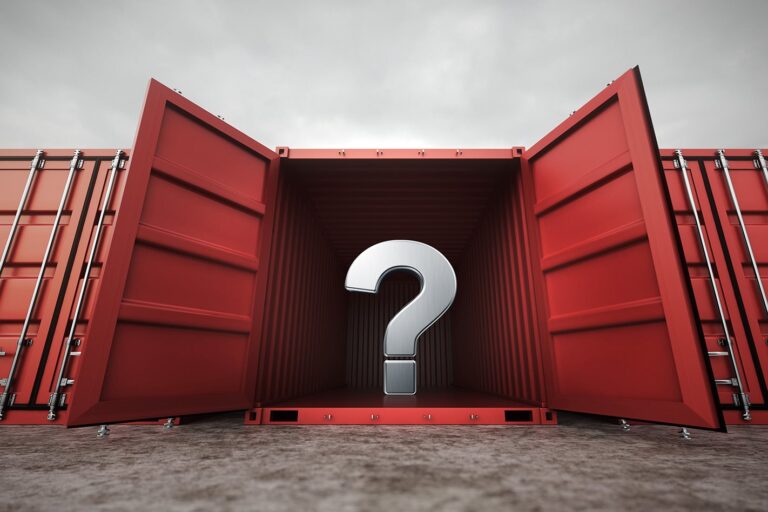 News
NewsGovernment stalls on grey imports numbers
Analysis used to back plans to open Australia’s doors to a flood of cheaper car imports won’t be revealed until after the election
-
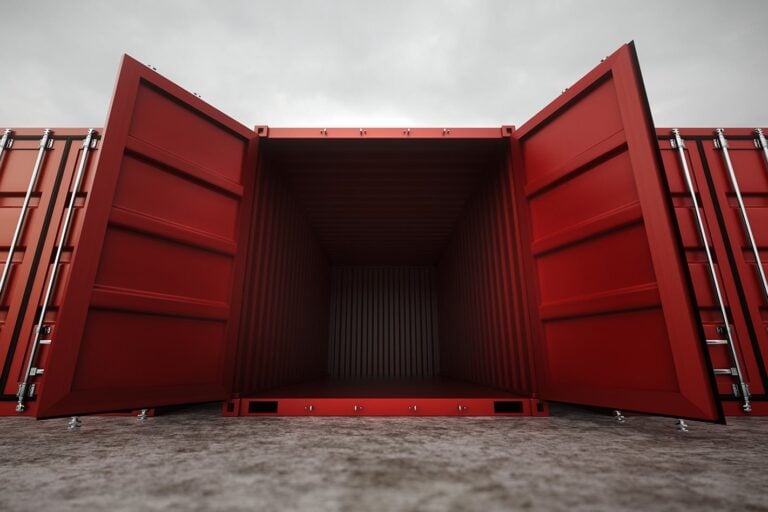 Industry
IndustryGrey imports: How will they work?
Wheels grills Major Projects Minister Paul Fletcher, responsible for the controversial new private import scheme planned for 2018, about what it means for potential buyers.
-
 Industry
IndustryGrey imports plan 2018: Cheap cars or consumer carnage?
New laws slated for for 2018 allowing buyers to import low-kilometre cars less than 12 months old from Japan and the UK has industry in an uproar


